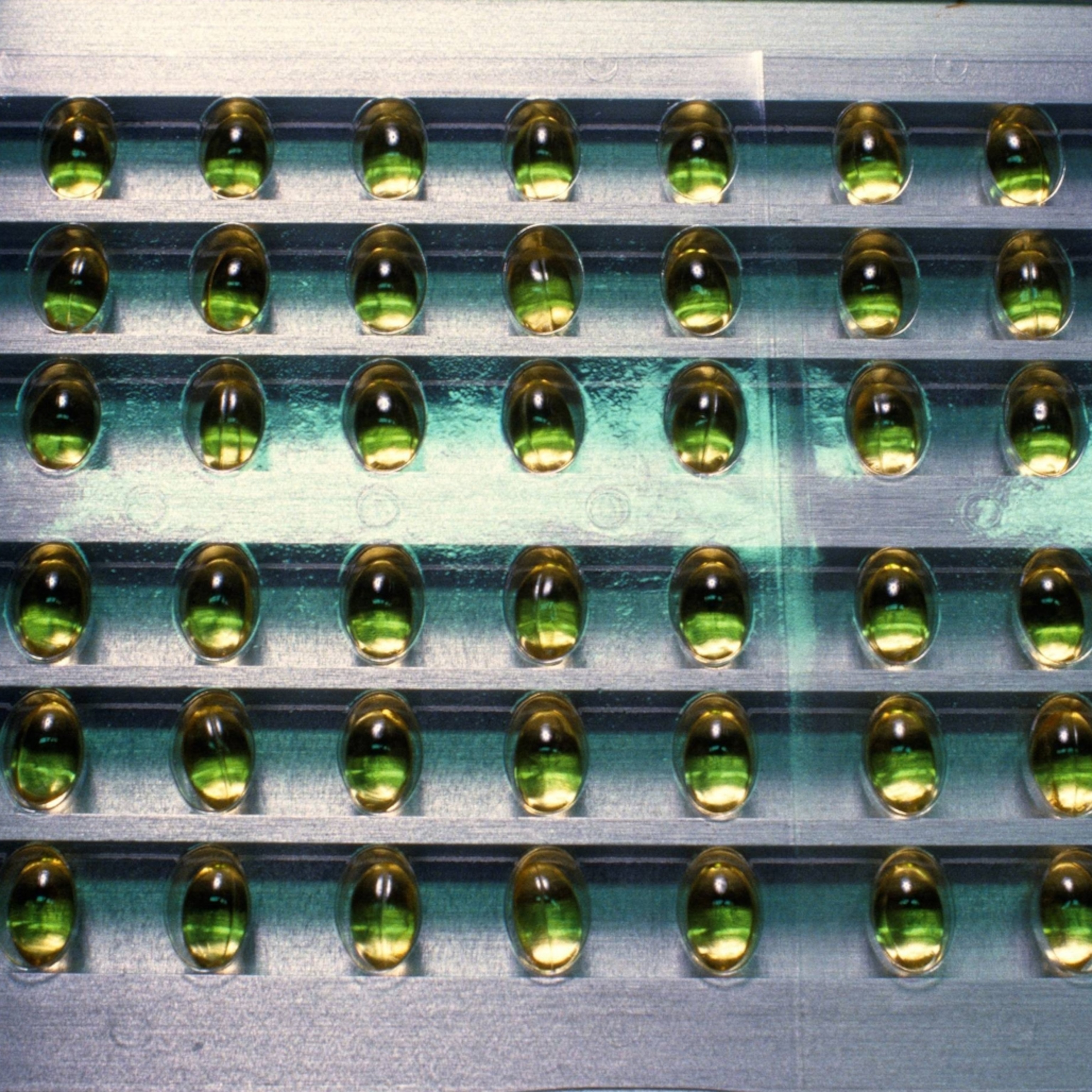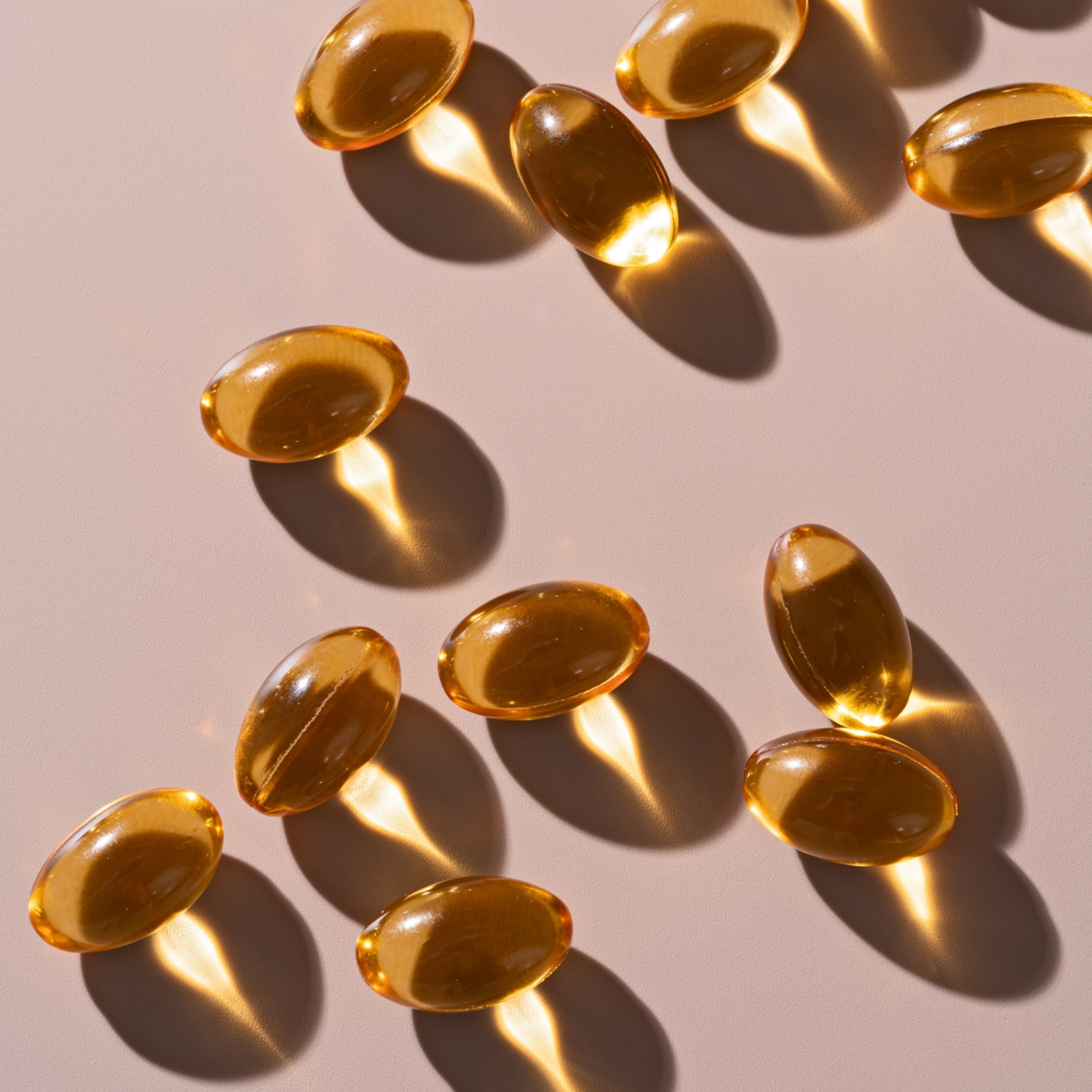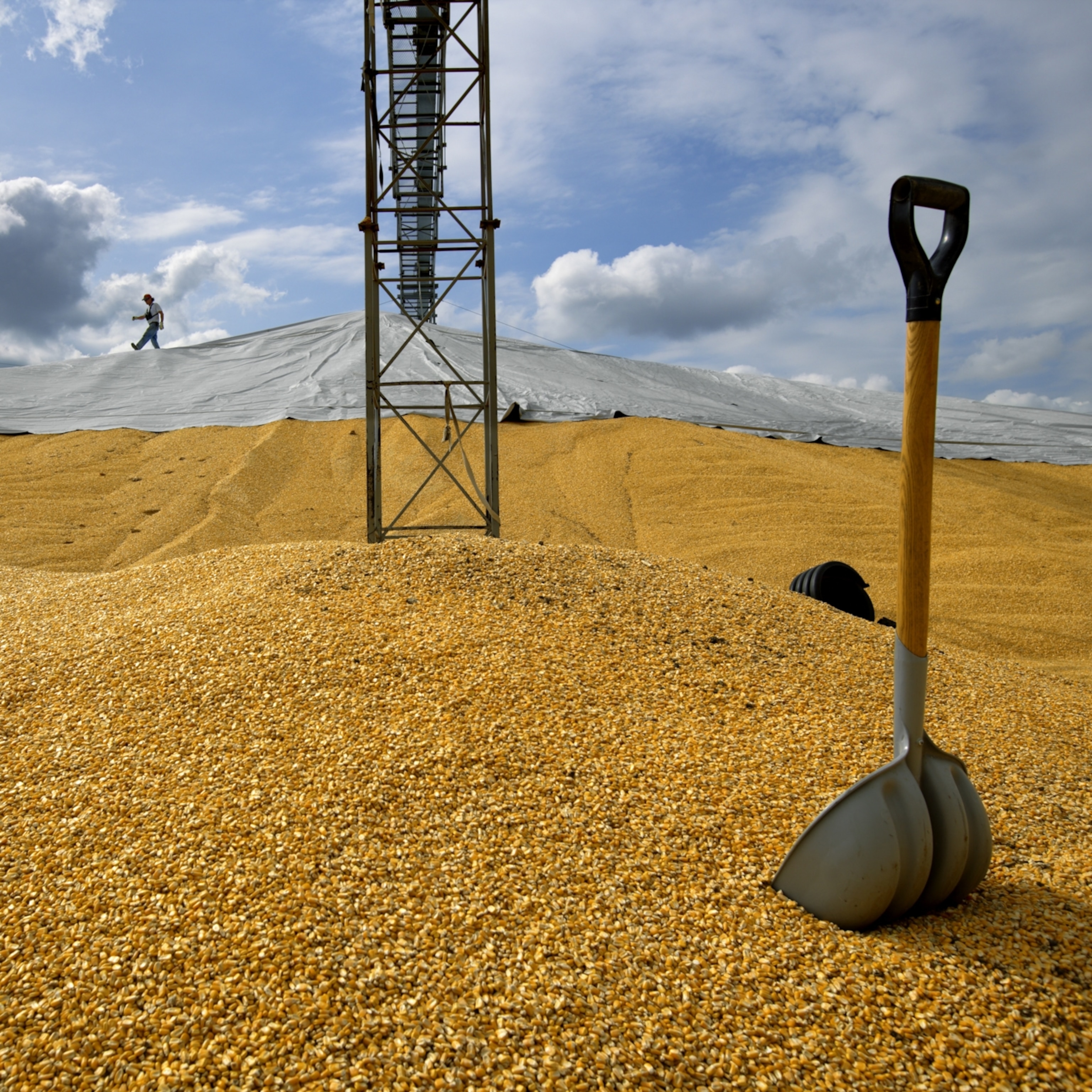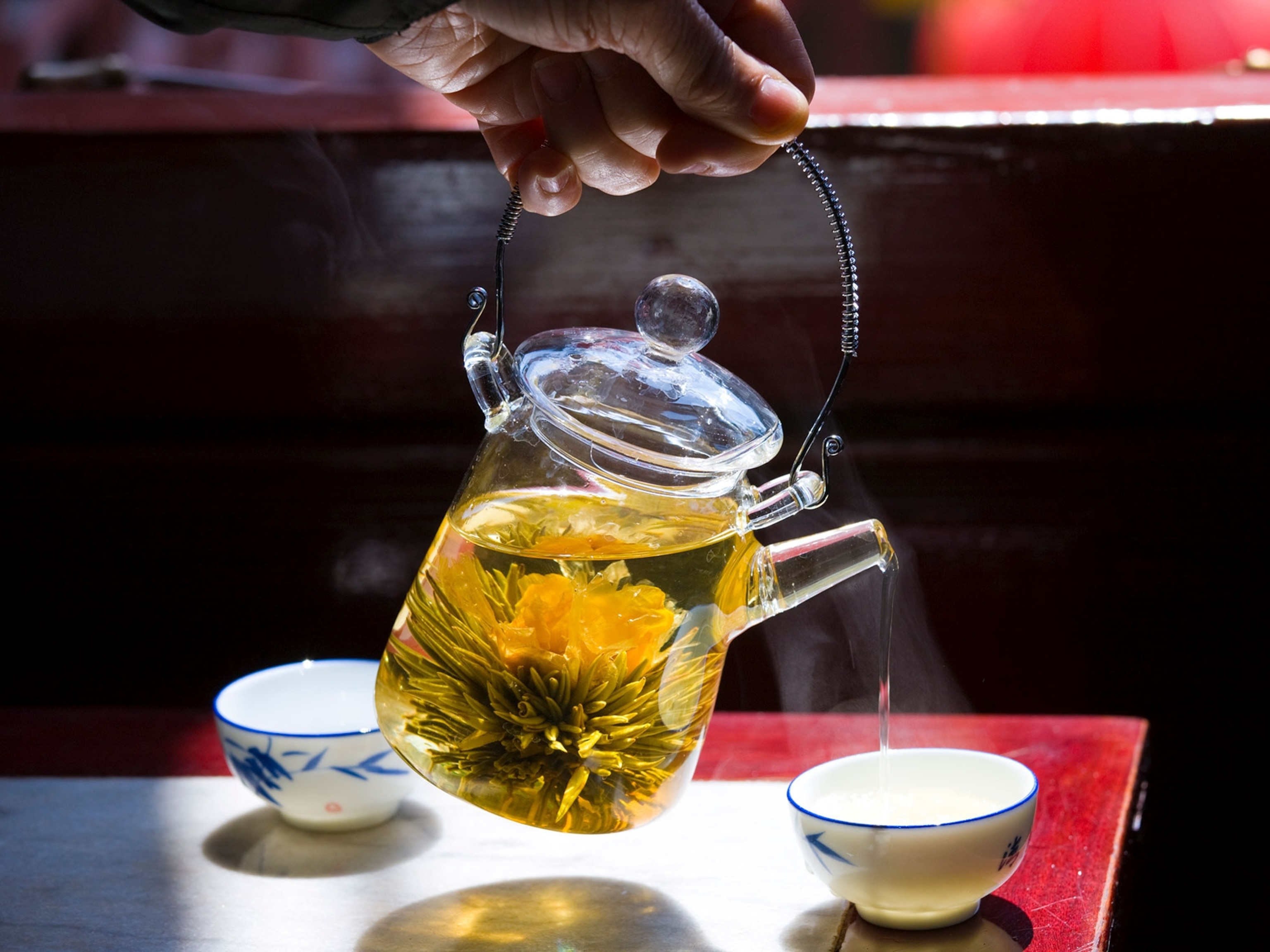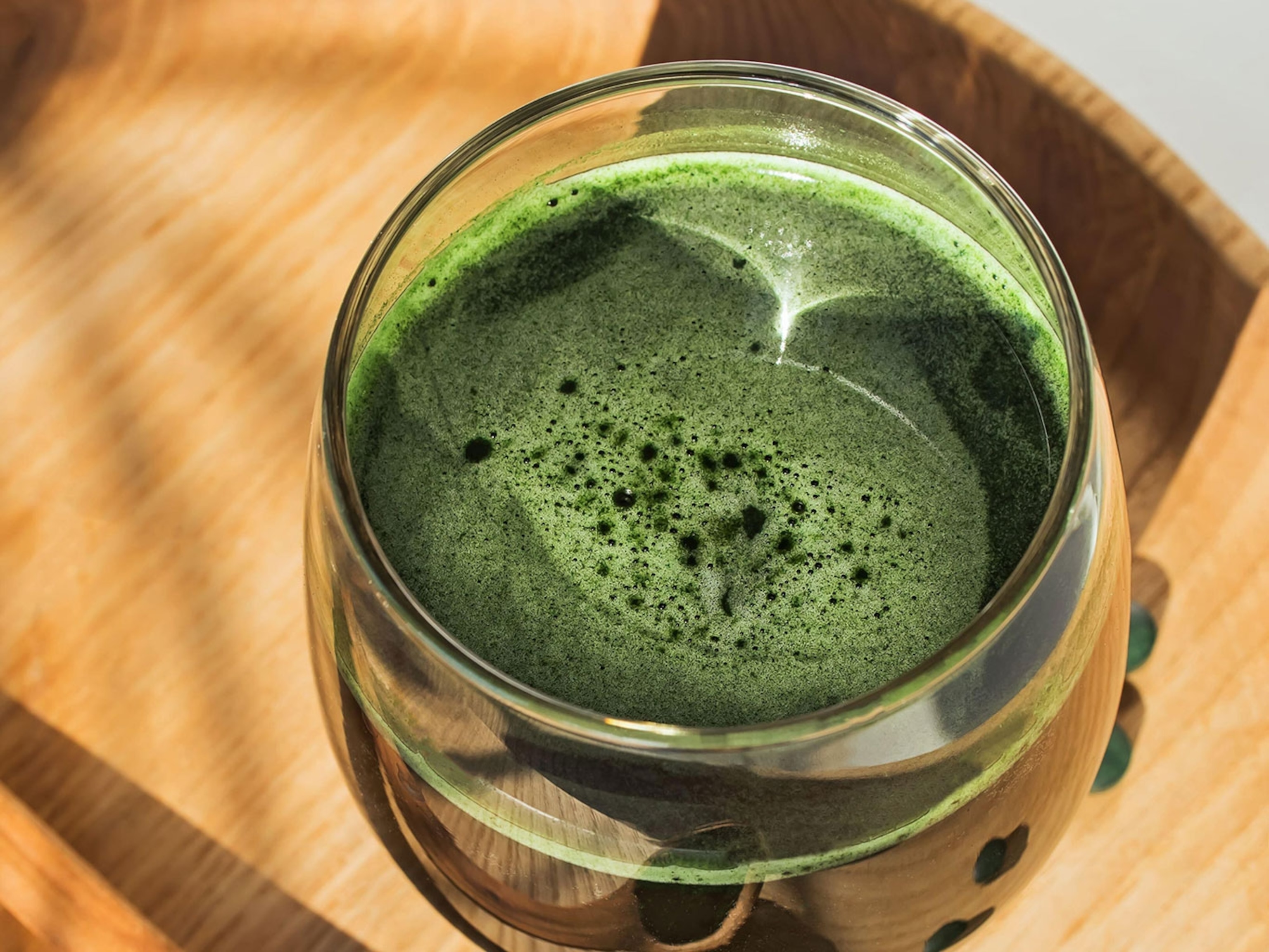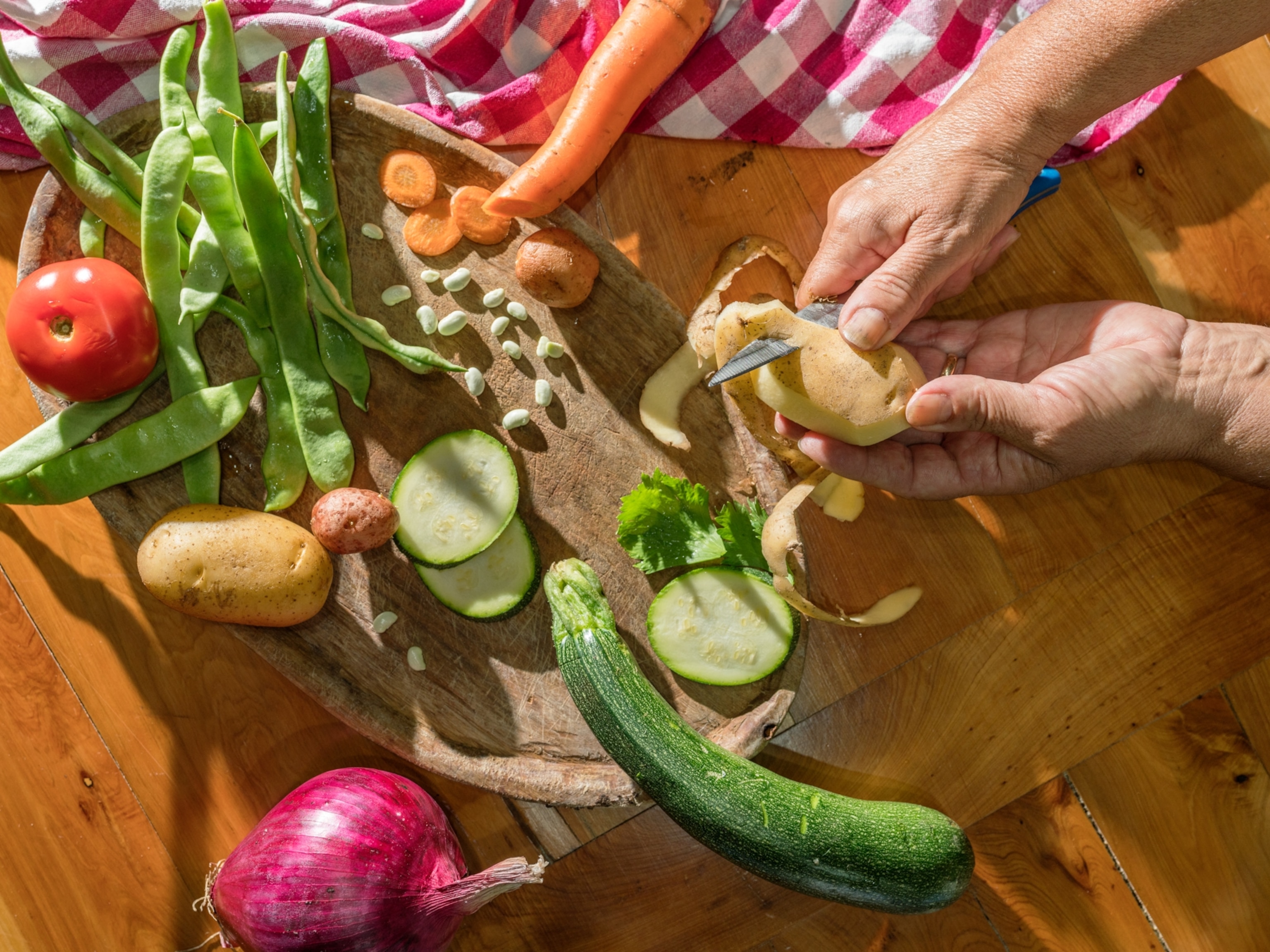Sea moss has become a billion-dollar health trend. Is it worth the hype?
Sea moss is rich in nutrients—but it can also contain dangerous levels of heavy metals and iodine. Here’s what to know before you take it.
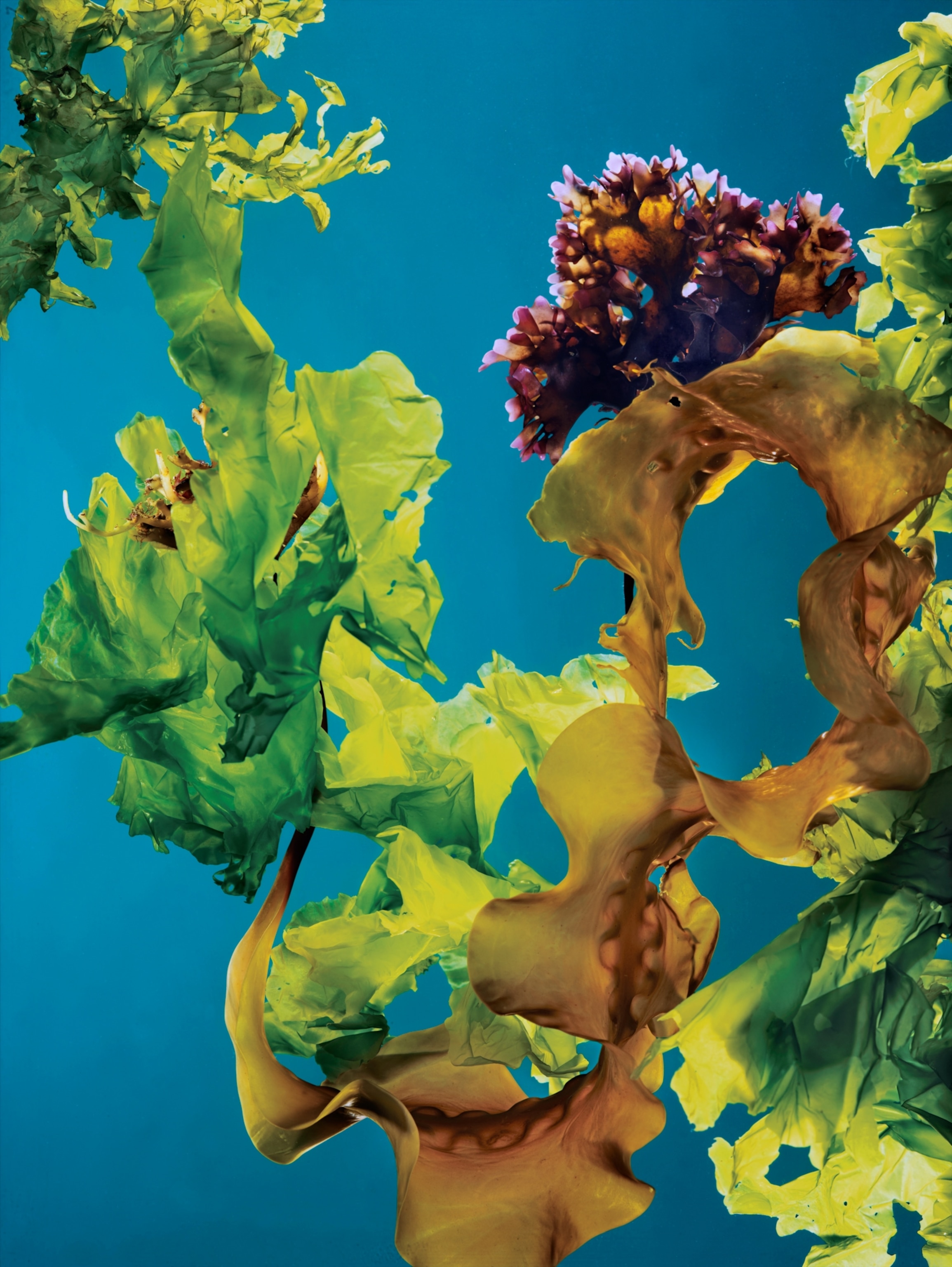
Sea moss—also known as Irish moss or Chondrus crispus—is having a social media moment. Celebrities and Tiktokers promote it for everything from better digestion to glowing skin. But is the hype backed by science?
Sold as dried flakes, gels, powders, gummies, and pills, sea moss has become a billion-dollar industry, valued at $2.18 billion in 2024, and the global market is expected to grow to $2.60 billion by 2030, according to Virtue Market Research.
But while sea moss is being promoted as a “superfood,” much of what ends up in your supplement bottle barely resembles the raw algae. Carrageenan, an ultra-processed form of sea moss used to emulsify or thicken foods and drinks in the food industry, is stripped of most of the nutrients, including soluble fiber, and may disrupt the gut microbiome, says Danielle Gaffen, a San Diego–based registered dietitian nutritionist.
So, are the health claims valid? “I’m not totally convinced of all of the touted health benefits, but I do see some potential theoretical health benefits,” says Nicholas Generales, a board-certified family medicine physician in Los Angeles. Here’s what we know so far.
Potential health benefits of sea moss
Some studies suggest that sea moss may offer certain health benefits, though much of the evidence is still early. Extracts from Chondrus crispus have antimicrobial properties and antioxidants that help with oxidative stress, according to a 2024 review. “Sea moss is full of antioxidants and polyphenols, which are compounds that help protect ourselves from disease-causing oxidative damage,” says Gaffen. A 2021 study showed Chondrus crispus from the Red Sea contains tannins, flavonoids, and phenols, which have antioxidant and anti-inflammatory properties.
Sea moss may also support gut health, thanks to fiber and prebiotics. “It has the potential to play a role in gut health, given that it is a good source of fiber,” says Generales. Gaffen adds that unprocessed sea moss contains prebiotic fiber. “Prebiotic fiber can nourish or feed the beneficial gut bacteria in our gut microbiome,” she says.
That said, experts don’t recommend turning to sea moss specifically for fiber. “You can get great sources of fiber, [such as] organic fresh vegetables at a much cheaper cost,” says Generales. “The cost-benefit ratio is just not there.”
Like other types of algae, sea moss also contains iodine, an essential mineral for thyroid health. “The thyroid is a small gland, but it plays a critical role,” says Gaffen. “It regulates our metabolism, helps regulate body temperature, heart rate and blood pressure, and digestion and gut health with how quickly we process food.”
However, according to experts, most people in the U.S. don’t need more iodine as they are already getting enough through their diet. Iodine is added to iodized salt and enriched bread and occurs naturally in seafood, eggs, and dairy.
People following vegan or restrictive diets that avoid those foods may be at risk for low iodine levels. Terry Davies, co-director of The Thyroid Center, Mount Sinai Union Square, recommends iodine testing before adding more iodine to your diet. If you’re getting 150 mcg of iodine in your diet and take sea moss, “You can quickly become over-treated with iodine,” he says.
Why the health effects of sea moss may not be worth the risk
While there are some potential benefits to taking sea moss, it also carries risks. Like any algae, sea moss can absorb chemicals or metals from its environment faster than it can excrete or release them, causing heavy metals to build up. “Heavy metals accumulate in sea moss, so whoever is eating it– us or other fish– [means], the more consumed, the more it accumulates,” says Gaffen. “Arsenic, mercury, lead, or whatever is in the water,” she adds.
These heavy metals interfere with the body’s ability to absorb and use minerals and can have negative consequences. A study set to publish in the Journal of Agriculture and Food Research in June 2025 found that consuming seaweed products can cause an accumulation of heavy metals in the body that can provoke adverse health issues, including kidney dysfunction, neurological damage, an increased risk of cancer, and affect cognitive function.
(Here’s why supplements may hurt your health more than help.)
Sea moss can also be problematic for people with certain health conditions.
“People with thyroid conditions, those prone to heavy metal toxicity, and individuals sensitive to carrageenan should be mindful,” says Gaffen. She adds that pregnant and breastfeeding individuals should talk to their doctors before using sea moss, and anyone taking blood thinners should avoid it entirely since sea moss has natural anticoagulant properties. A review in Marine Drugs published in 2024 showed Chondrus crispus extracts have anticoagulant properties that may have the potential to stop blood clots.
Even for generally healthy individuals, sea moss supplements raise questions. “Supplements do have the potential to interact with pharmaceuticals,” says Generales. The Food and Drug Administration (FDA) doesn’t regulate supplements like pharmaceutical drugs. “[Manufacturers’] can put almost anything they want on the label, and it might not resemble exactly what you’re consuming,” he says.
(Here are 5 things you should know before trusting that supplement.)
Sea moss products aren’t created equally, either. “The [sea moss] preparations that are available commercially are very variable,” says Davies. “And very few of them seem to say how much iodine is in there.” He adds that people may not know sea moss contains iodine and can consume additional iodine without knowing. “Supplements may have inconsistent iodine levels, heavy metal contamination, or added ingredients like artificial sweeteners or fillers,” says Gaffen.
So what should you do instead?
Rather than chasing trends, experts suggest returning to the basics. “Eat whole foods. Eat vegetables and fruits,” says Generales. Gaffen adds that sea moss is not a ‘miracle superfood.’
(The secret to a healthy gut is simpler than you think.)
“The lack of long-term studies and the rarity of iodine deficiency in the U.S. make it difficult to recommend sea moss as an essential dietary addition,” she says.

